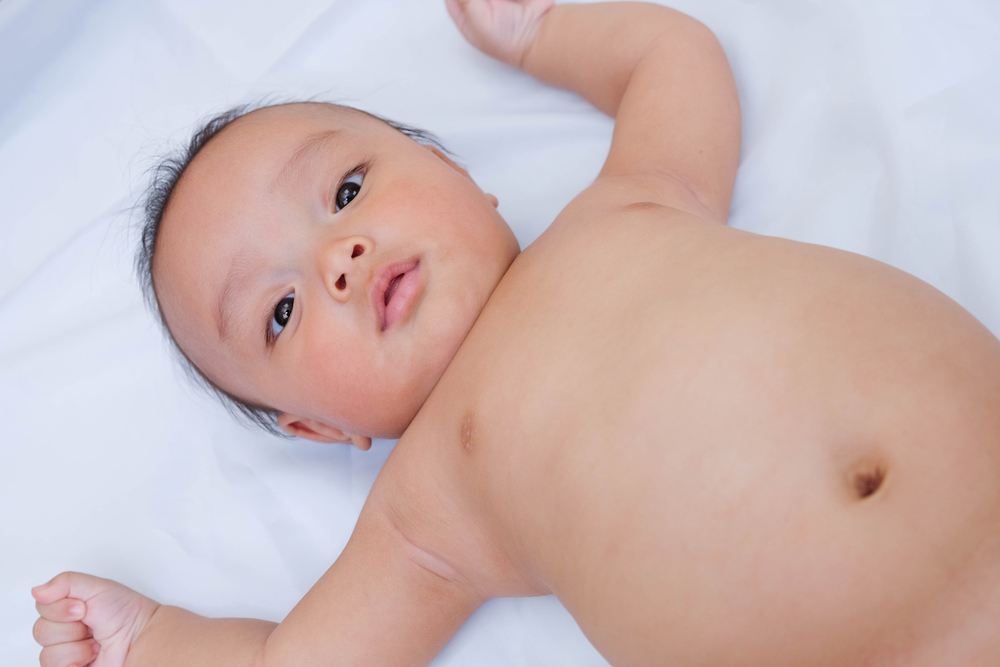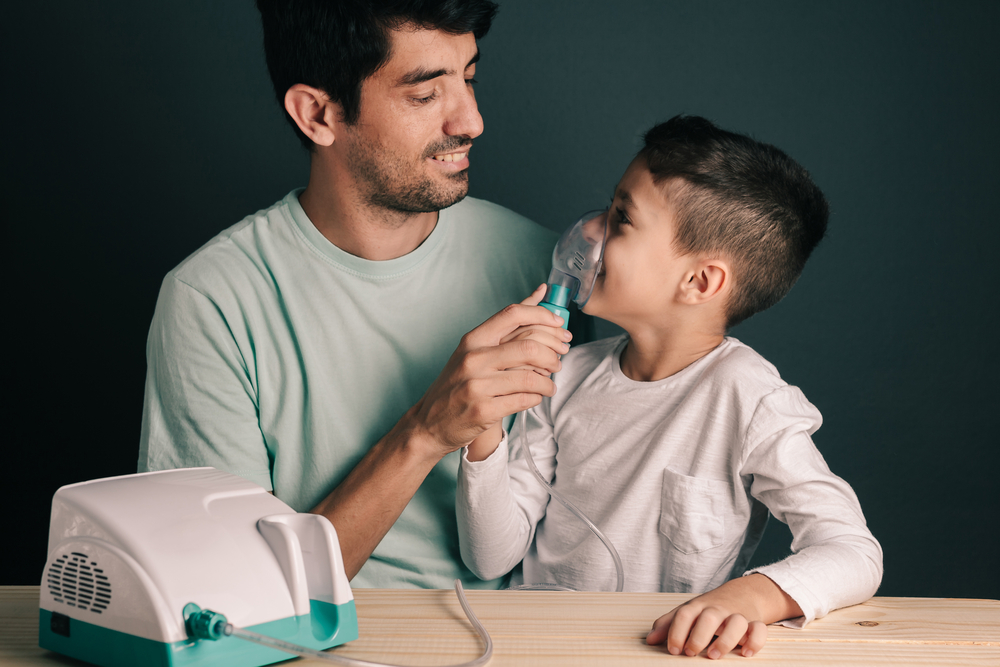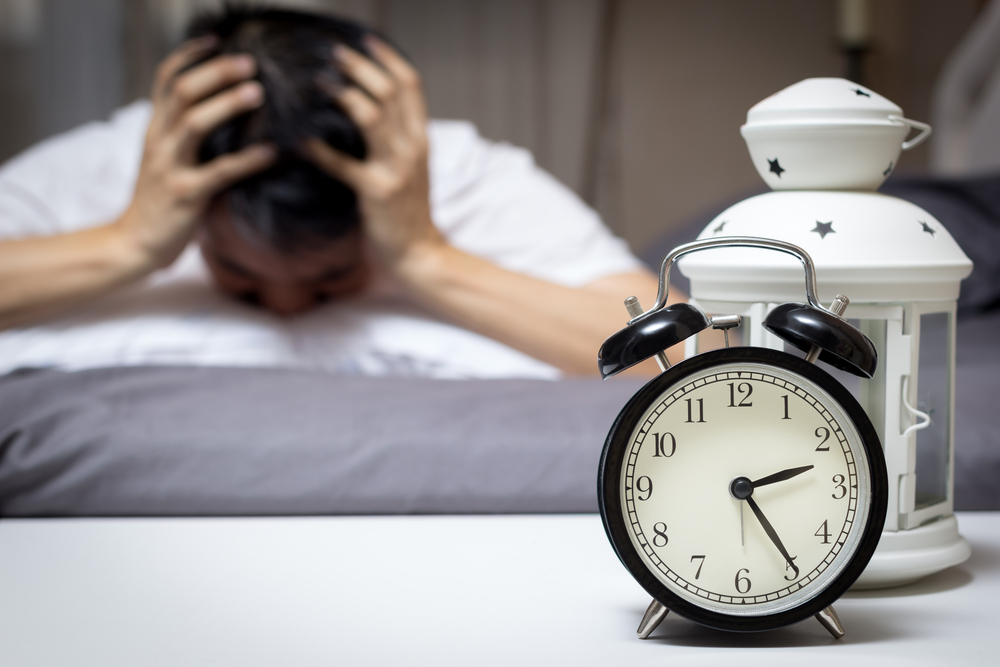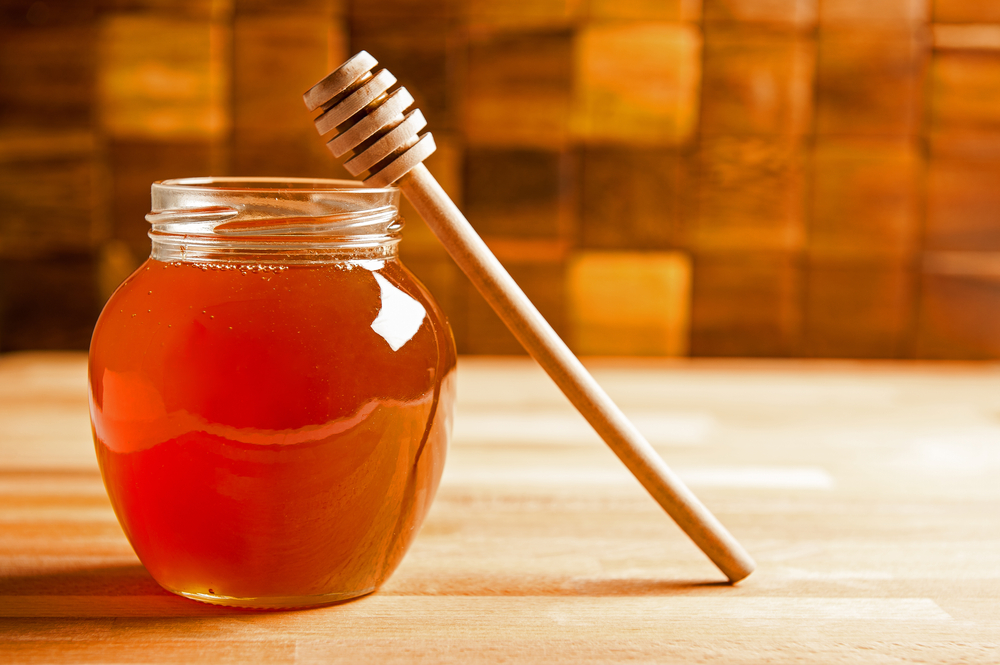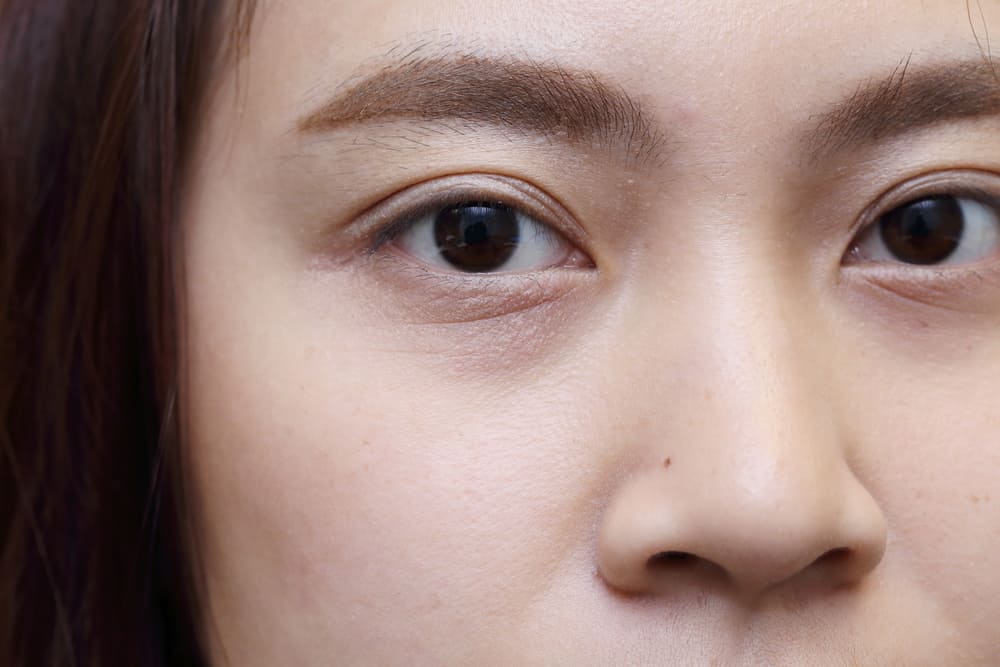Contents:
- Medical Video: Circumcision | Nucleus Health
- Benefits if your baby is circumcised
- Tips for caring for babies after circumcision
- 1. Keep it clean
- 2. Protect the penis as best as possible
- 3. Use double diapers
- 4. Be careful when bathing the baby
- 5. Give painkillers if needed
- Things that must be considered in infants after circumcision
Medical Video: Circumcision | Nucleus Health
Circumcision is a surgical procedure by removing the foreskin that covers the tip of the penis (prepuce /foreskin) This action can be done on a newborn baby boy, provided the baby is in a healthy and stable state. In performing circumcision, the doctor will give anesthesia first and then with the help of a special clamp that is clipped, the doctor will remove the foreskin. After circumcision, the penis will be wrapped by using an ointment and gauze to avoid friction with the diaper.
Benefits if your baby is circumcised
According to the American Academy of Pediatrics (AAP), there are many benefits of infant circumcision when viewed from the medical side. Circumcised boys can reduce the risk of infection of the foreskin, urinary tract infections, sexually transmitted diseases, phimosis (a condition in which the foreskin cannot be pulled back), until the cancer in the penis area.
Tips for caring for babies after circumcision
Unlike circumcision when a boy is big enough, the baby cannot tell you what complaints he feels. Babies also certainly cannot keep the penis area hygienic and healthy after circumcision. Therefore, it is important for parents to pay attention to the guidelines for caring for babies after circumcision below.
1. Keep it clean
The most important thing in caring for a baby after he is circumcised is to keep the penis and groin area clean. Every diaper is replaced, clean the area from baby poop using a cloth. You can clean it with soap and warm water.
After that, don't forget to dry the area thoroughly to prevent irritation. Use a soft towel or cloth to keep it comfortable on the baby's skin.
2. Protect the penis as best as possible
After circumcision, your baby's penis will be bandaged and usually the dressing will come off when he peed. Some pediatricians may advise you to bandage it again, but there are also some pediatricians who advise not to be bandaged again.
So, you should try to consult with your respective pediatrician. If you are asked to wrap your baby's penis back, you will usually be advised to apply it petroleum jelly on the tip of the baby's penis before you wrap it again with sterile gauze. This is done so that the gauze is not attached to the skin.
However, if the doctor recommends not bandaging it back, all you do is apply it petroleum jelly or antibiotic ointment every time your baby's diaper is replaced. It aims to reduce friction between your baby's penis and the diaper he uses.
3. Use double diapers
This is optional (may or may not). However, the use of double diapers can reduce the pain that the baby feels. The double diaper can be a "cushion" for the baby's penis and reduce the pressure on the area every time it moves.
4. Be careful when bathing the baby
If a new baby is circumcised, you can still bathe him. Bathing with a bath sponge or warm water cloth is recommended for the first two days after circumcision.
After that, you can bathe your baby normally. Bathe your baby using warm water every day for a week. However, don't let the water get too hot.
5. Give painkillers if needed
Signs that can be seen if your baby is in pain, that is crying, not going to sleep, and not eating. In the first 24 hours after circumcision, you can give pain relievers in the form of acetaminophen. Pay attention to the dosage and usage instructions recommended by the doctor.
Things that must be considered in infants after circumcision
After circumcision, the tip of your baby's penis will look slightly reddish or yellowish for 7 to 10 days. You should pay attention to wound healing in your baby because if complications are found, you should immediately take your baby to the doctor. Take your baby immediately to the doctor if you find the following symptoms.
- Redness in the tip of the penis gets worse after 3 to 5 days.
- Redness of the skin that spreads to the stomach and legs.
- More blood flows than usual (more than a quarter of the diaper's width).
- Yellowish liquid that flows from the circumcision wound.
- Your baby has a fever.
- Your baby is fussy, cries strong, doesn't want to eat or vomit.
- Your baby has difficulty urinating after circumcision.

